By Katie Eubanks Ginn
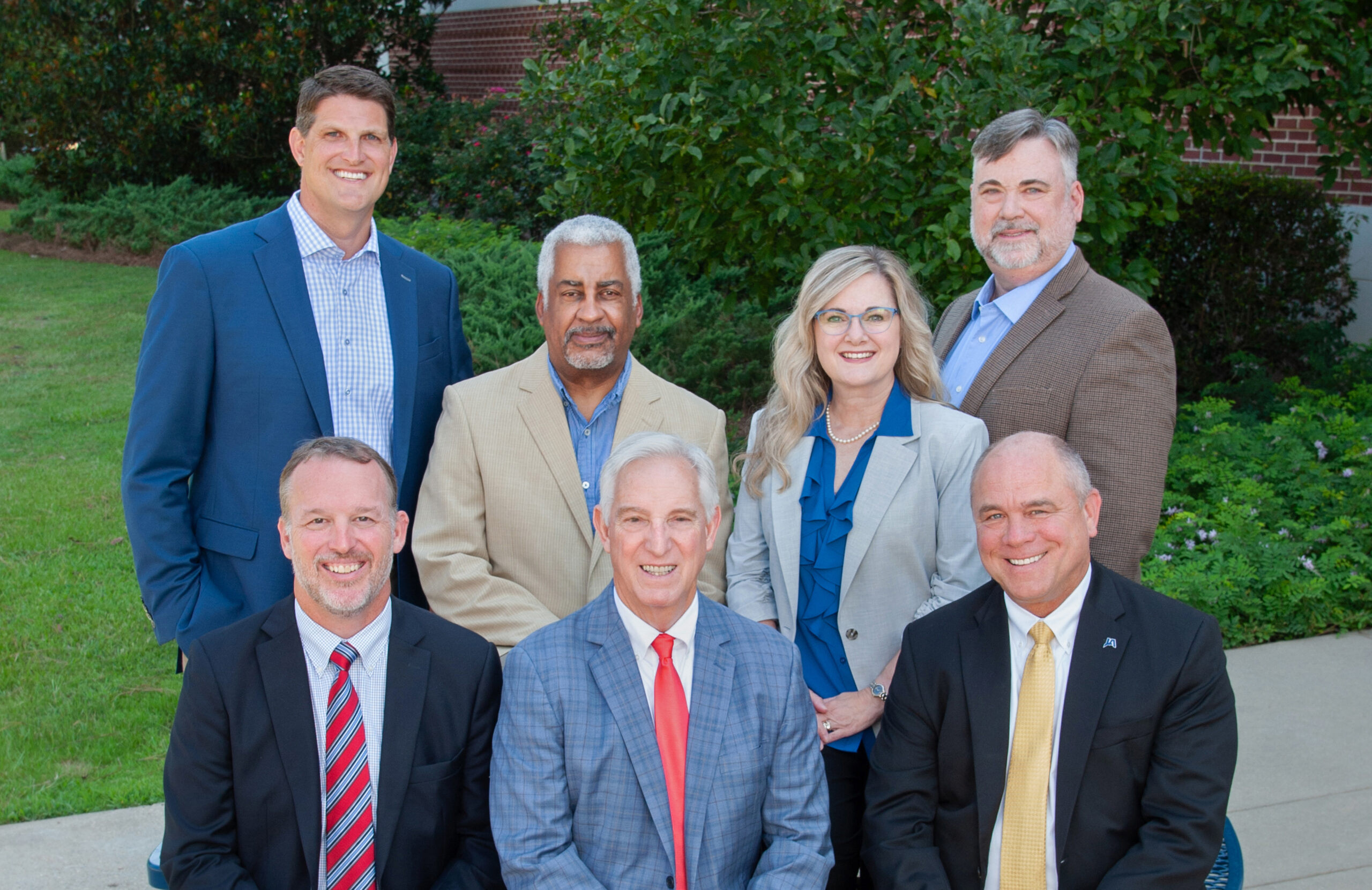
Seven heads of metro Jackson independent schools recently spoke with MCL Editor Katie Eubanks Ginn about their institutions and how Christian education has impacted them. The full interview is available on the MCL podcast, “A Closer Walk.” Also, don’t think these are the only independent schools in metro Jackson: Numerous other headmasters are quoted at the end of this article!
Meet the headmasters
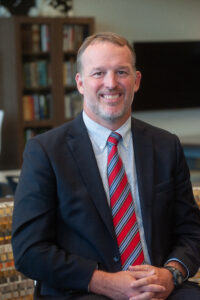
Lawrence Coco
School: Jackson Preparatory School
Location: Flowood (across from Merit Health River Oaks)
Grades: preK3-12
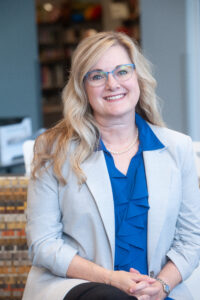
Cathy Haynie
School: Christ Covenant School
Location: Pear Orchard Presbyterian Church, Ridgeland
Grades: preK3-10 (plans to add 11th grade in fall 2024, 12th grade in fall 2025)
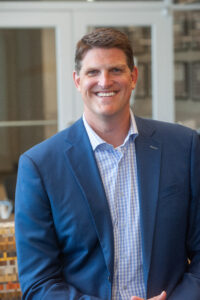
David Horner
School: Hartfield Academy
Location: Flowood (just east of Dogwood area)
Grades: preK3-12
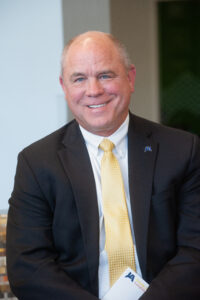
Palmer Kennedy
School: Jackson Academy
Location: Northeast Jackson (Ridgewood Road)
Grades: preK2-12
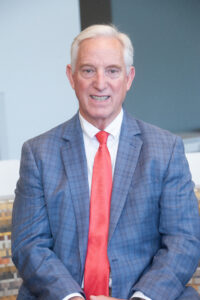
Termie Land
School: Madison-Ridgeland Academy
Location: Madison
Grades: preK3-12
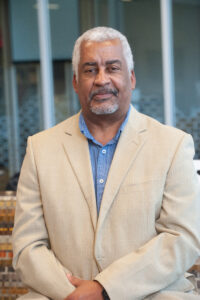
Kelle Menogan
School: The Redeemer’s School
Location: Redeemer Church, PCA, Northeast Jackson (640 E. Northside Dr.)
Grades: preK4-8
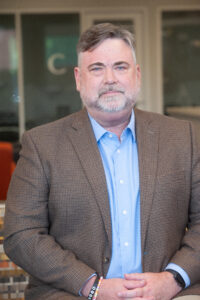
Brian Smith
School: First Presbyterian Day School
Location: First Presbyterian Church of Jackson (Belhaven area)
Grades: Birth through 6th grade
Katie Eubanks Ginn: Would each of you explain some of what makes your school distinct?
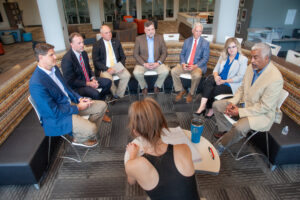
Palmer Kennedy: Three words stick out in our mission: spirituality, purpose, and significance. We believe that to establish that life of purpose and significance, it’s got a Christian basis to it. We’re open to all faiths, but at the same time we’re unapologetically Christian. We have our SOAR program, we have chapel, but I hope what makes us unique is our people and how we live out our Christian walk every day.
David Horner: Hartfield is a covenant school, like Christ Covenant. It’s a three-legged stool of school, church, and home. Our requirement is to have at least one parent (of each child) be a believer. So later on, when we’re teaching from a biblical worldview … that parent has understood and agreed to that.
Kelle Menogan: We’re an urban Christian school. We want to provide an academically excellent and Christ-centered, gospel-centered education environment to the kids in the Broadmoor community of Jackson. We want to be able to provide a Christian education to those students who usually would not have the opportunity … so we are not tuition-driven. Tuition only makes up about 6 percent of our operating budget.
Termie Land: At MRA … we’re a college preparatory Christian school educating each student — mind, body and spirit. While we’re not a covenant school, we do require that all of our employees are Christian. We say in our portrait of a graduate that all our students are challenged by the gospel, with the goal that all of our students would come to know Jesus Christ as their Lord and Savior by the time they graduate.
Lawrence Coco: We’re also driven by our mission. Part of the mission talks about academic, athletic and artistic excellence, but it also says we want to instill personal integrity through biblical values.
It’s been an interesting journey as we’ve been starting our lower school. Certainly when you’re instilling personal integrity through biblical values at the lower school level, it’s very intentional. You will have Bible class, chapel. … Middle school, it becomes more of a partnership between teachers, students and parents. And at upper school, as we’re preparing students to leave our halls, we want them to own their faith. We want the leadership of our students to drive the spiritual endeavors at our school.
Cathy Haynie: Christ Covenant is also a covenant model school. We’re a biblical worldview-oriented school. We spend a lot of time training teachers. We believe God is the author of all truth, and you can’t separate truth from God. Math teaches that God is a God of order. Science, you’re exposing children to God’s creation. History, God’s unfolding plan for people.
We’re (also) a smaller environment. We’re located on the campus of Pear Orchard Presbyterian Church.
Brian Smith: First Presbyterian Day School began 58 years ago in the church with the desire to have a school that taught through the lens of God’s Word. Our mission is pursuing academic excellence, planting seeds of Christlikeness, and preparing hearts for future service in God’s kingdom. We have Bible, we have chapel, but I think the key is hiring Christian teachers.
We want to teach to excellence (and) understanding your own God-given gifts, but with the ultimate goal that a young person would see Jesus as their Lord and Savior through a personal relationship with Him.
KG: What are some changes taking place at your schools?
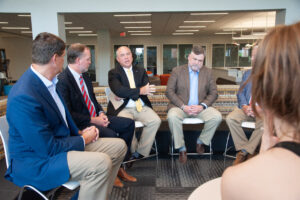
LC: This year we’ve started our lower school. (That’ll) drive the rest of our school, and we’ll see the impact into our middle school and upper school.
CH: We are adding an upper school. … We’ve felt we were not finished with our students when they left. We have over 90 percent of our students staying. We have about 40 in our first class.
KM: We’re a ministry of Redeemer Church, so we’re just looking at more ways of having the school and the church engage in activities. A lot of our students who are not members of the church come back in the evenings for the Wednesday night youth programs and children’s programs. We have our parents engaging in some of our other ministries like Hope Exchange (where they learn financial / job readiness).
We’re also in the planning stages of a capital campaign, trying to expand our facilities on the campus. We’re busting at the seams. We want to be planted there in that community.
TL: At MRA, we’re investing more and more into our Bible teachers and our spiritual leadership personnel. This year we’re increasing the amount of time that our middle-schoolers will be in Bible classes, and we’re adding to the Bible requirements for graduation. We have a gentleman who’s been doing our spiritual leadership, but he’s been doing several other things on campus, so we’ve narrowed that down.
PK: There’s probably not a division of Jackson Academy where you won’t see something going on in terms of physical enhancements. But those enhancements are going to allow us to expand our programs. The original idea for our K2 program was to provide a place for the children of our faculty and staff, but now we have four sections. We planned on having one to two.
We continue to try to expand our SOAR program, which is our outdoor program with a Christian emphasis. We have a full-time director this year for the first time in a long time.
DH: We started work last month on a new middle-school building. (But also) I’m tasked with holding the line on mission. I think that’s the part that I’m excited about is that our people have responded to the constant and consistent reminders of (that). It’s not easy to measure a student’s knowledge of God and their identity in Christ. But that’s the most important thing.
BS: We built a new academic building two years ago for our fifth and sixth grade with a new gym and a new playground, and then this summer just finished up a new office suite, with the idea of, we see the fruit. But we’re trying to make a real tangible investment in the root, whether that be our staff, our families — how are we building into them?
We’ve offered a nursery for our staff for 17 years. So we opened that (to FPDS families) in the fall. You say, that’s kind of young for Christian education, but it’s not. It’s for birth through life.
KG: What kind of changes are y’all seeing in Christian education?
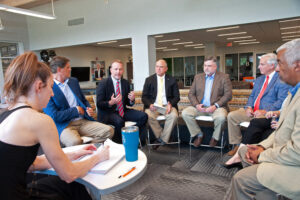
DH: There’s a greater need than ever. (immediate agreement all around)
TL: Social media, technology, how that’s progressing, artificial intelligence, are absolutely if not the greatest challenge, certainly one of the greatest.
PK: Change is happening. Schools determine the pace of that change at their own school, while at the same time preparing our children for what’s next after our school.
LC: The difficulty is, these students are just getting inundated with information and things we prefer them not be inundated with. The balance is, we want to protect them, but also prepare them to walk outside our walls … I’m an adult, and sometimes I don’t think I’m prepared.
DH: That’s the beauty of the gospel. We can bring it back down to a very simple thing … Romans says don’t be conformed to the world … but renew your mind, transform, with the ultimate goal of becoming Christ followers.
We can help them see (math, science, etc.) through the right lens instead of seeing it how the world wants them to see it.
CH: We have students longer than any church youth group has them. It’s such an opportunity.
KG: Have y’all heard about the Osprey movement started by Ben and Erin Napier? It’s for parents who want their kids to stay social media-free through high school, and I’m doing an article on it next month.
TL: I vote for it. (laughter all around)
KM: We were all raised without social media, and I think we turned out OK. (laughs)
LC: If I could uninvent one thing, it would be social media.
PK: And I think if you asked the kids, they’d say the same thing. (But) they can’t because of others.
TL: There are a couple of events we do where we take up (students’) cell phones for a 24- or 36-hour period. And they love it.
BS: The key is reminding them, that phone is not evil. Our hearts are. The pressure (of social media) is to present a façade that’s not who they really are. … We have to teach them that they’re image bearers of God.
DH: I’d encourage your article (on Osprey). Parents need a framework, a plan — and most don’t know that others feel the same.
KG: Any tips for Christian parents of public school students?
CH: Parents can do this. They are the most responsible party in a child’s education. … and it can be done.
There are different price points, and I would say don’t rule us out … but if a Christ-centered school or an independent school isn’t the right choice, it can be done. You just have to be intentional.
PK: Get involved in your child’s education regardless of where they are. Listen to your school. Listen to what they’re trying to do to help your child.
TL: Also, we’ve got great churches in this area. We come alongside the family and the church.
KM: And then when you’re at home, sit around the dinner table, and don’t only find out about their day, but share the gospel. Have some private quiet time with your family to share God’s Word.
LC: We also recognize it’s very difficult. Everything we’re talking about is very difficult. It’s difficult in my family. We all try to work to make sure we help families do that.
KM: Even as schools, we’re still figuring out, what does gospel education look like? So we share that burden (with parents).
PK: I think we all could agree, if you could do anything, slow things down.
KG: How have y’all seen spiritual impact at your schools?
DH: It’s when our students return after they’ve left. It brings great joy to see spiritually mature students who weren’t necessarily spiritually mature when they were at our school (laughs). So many say, ‘I wish I’d appreciated Awakening,’ which is our chapel service.
KM: We had a seventh-grader last year who’d seen homeless people walking in front of the church and the school and said God had put it on his heart to do something. He started gathering toiletries and other items for the homeless, and teachers and merchants got involved, and he and others went to downtown Jackson at Christmas, on the coldest day of the year when it was pushing zero … and just made (the homeless community) feel special.
LC: I just like to see our upper-school students leading other students, whether it be at FCA, or a Bible study for the football team, or a spiritual retreat. It can be imperfect … but it’s good that they’ve got a heart for it, and that positive peer pressure … We’re seeing them prepare to go outside our walls.
CH: Sometimes we see things that are just really subtle: the questions that they ask, or the student that volunteers to pray … When they mess up, their recovery time is shorter. Seeing students care for one another.
DH: How many of you guys have had students come back as teachers?
BS: That’s what I was going to say — it’s one of the most fulfilling things. When I’m interviewing them (for a teaching job), I tell them, ‘You’re going to bring something to this that I’ll never bring, because I didn’t attend here. …’ It doesn’t give you an automatic job, but it opens the door a bit wider for me. (laughter all around)
PK: I think what we (all) can say is … when you spend time with these children, it gives you hope.
More headmasters speak out: What’s the biggest lesson you’ve learned as a Christian educator?
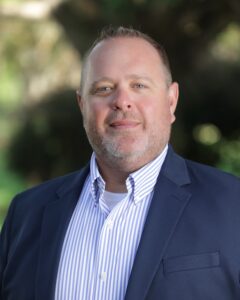
“The biggest thing I have learned in the Christian educational field is being able to teach the Word of Jesus. Because this may be the only time that children get to hear the Word, at your school.”
Ryan Laster
Head of School
Canton Academy
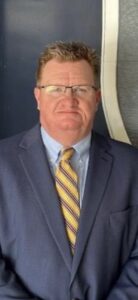
“I am challenged with ensuring that my students/staff see a reflection of Christ in my everyday decisions and in my behavior. I also believe that it makes me a stronger person, both personally and professionally, because I do focus more on practicing in a moral and ethical manner in my day-to-day life.”
Jason Taylor, M. Ed.
Head of School
Clinton Christian Academy
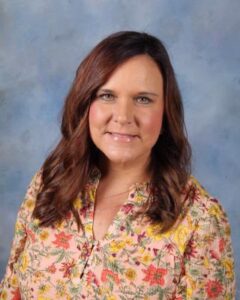
“The impact (that Christian education) has on students and their families is unmatched. … It has been an honor to watch the students at DCS excel and develop into adults who want to honor God with their lives. It has shown me that the work we do in Christian education is worthwhile and will greatly impact future generations.”
Wendi Teten
Head of School
Discovery Christian School
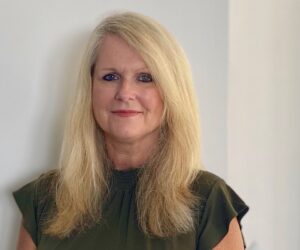
“I have learned the importance of seizing every opportunity to present the gospel through a biblical worldview to our students. At East Rankin Academy, our mission is to provide a balanced educational program that will help students develop academically, physically, socially, and most of all, spiritually.”
Robyn Winstead
Head of School
East Rankin Academy
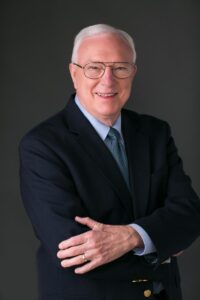
“What I have seen many times — just as I experienced (as a Mississippi College student) — is that with the Christian atmosphere, a committed Christian faculty and staff, and a commitment to not only educating young men and women but in all we do to share the good news about Jesus, then many lives will be transformed.”
Tom Prather
Head of School
Hillcrest Christian School
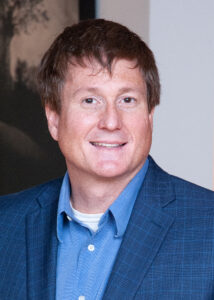
“Gospel-centered Christian education is important in conjunction with developing student servant leadership (which does not happen overnight). The great basketball coach (John) Wooden emphasized “Never stop learning” — I try to keep this mentality. I believe the next step for me is to share what I am learning as an administrator to Christian schools in the developing world.”
Bill Maner
Head of School
Mt Salus Christian School
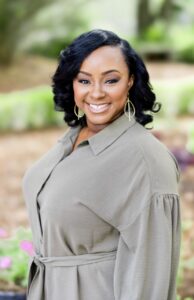
“When we see our students through the eyes of Christ, we are also blessed to inspire our students to see themselves that same way, as image bearers of God. … As a Christian school leader and as the mother of three Christian school students, I can testify to the power of the gift of Christian education.”
Kelli Hart, Ed.S.
Principal
New Hope Christian School
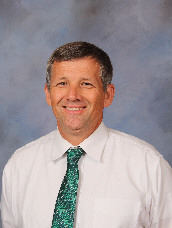
“I have learned that there is no such thing as a neutral education. All truth is ultimately linked to God (Jesus). He is “the way, the TRUTH, and the life.” John 14:6. … I have come to realize that my ability to think biblically is also the best way to think critically.”
Jason Cook
Head of School
Park Place Christian Academy
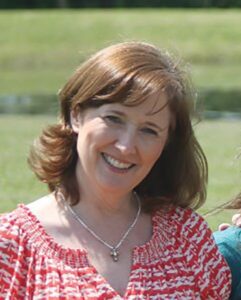
“I have learned how important it is to seek God’s wisdom and guidance in discernment. There is not a decision made regarding the students and families of our school without first taking it to the Lord in prayer.”
Anne Cowger
Principal
St. Anthony Catholic School

“Working in Christian education has shown me that the gospel is relevant in every moment, that Jesus’ reign is real, that God gives us laughter as the best medicine, and that working with other Christians is both powerful and a dear privilege. This has driven me back to my Savior over and over as I am given opportunities to realize my own need.”
Ann Lowrey Forster
Head of School
St. Augustine School
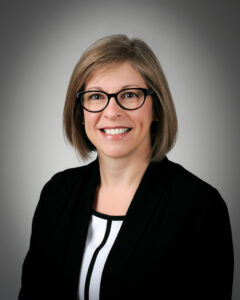
“While education is my preferred field of service, my role at St. Joe reminds me that the goal of each day is to help others get to heaven. We must strive to be our best, and when we’re not, to reconcile and try again the next day. We must be the example to guide young people to become contributing members of society following the path that Jesus has set for them.”
D.R. Kinsey, Ph.D.
Head of School/Principal
St. Joseph Catholic School

“The biggest lesson I have learned is, “say what you mean and mean what you say.” … Words are so very powerful; children quickly learn if you mean business or are full of “hot air.” I have learned to be careful in my words and remember the power they hold. The right words make all the difference!”
Jennifer David
Principal
St. Richard Catholic School
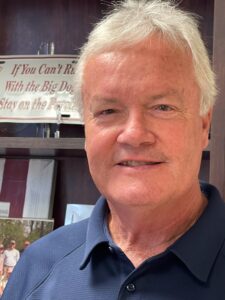
“I tell teachers all of the time that we do not know what these children have seen or heard before they get to us each day. We need to be that steady and consistent part of their lives for them to be able to overcome any hardships … I think that having a Christian staff that cares for each student will ensure they will get all the resources and support they deserve.”
Steve Flemming
Headmaster
Tri-County Academy